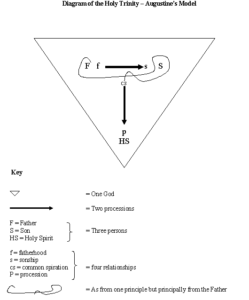
The headline of N.T. Wright’s piece published in Time Magazine (29/03/2020) is both shocking and provocative: “Christianity Offers No Answers About the Coronavirus. It’s Not Supposed To.”
We may summarize NTW’s piece accordingly – There is no explanation, whether rationalist or romantic. We should not rationalize away or spiritualize our suffering especially in times when “the only advice is to wait without hope.” It is better just to grieve or lament. This is because lament reminds us that God himself is the one who grieved and lamented when his people betrayed him. NTW concludes, “It is no part of the Christian vocation, then, to be able to explain what’s happening and why. In fact, it is part of the Christian vocation not to be able to explain—and to lament instead.”
Lament without an explanation for suffering without rhyme or reason? Doesn’t this sound like Greek catharsis in the face of cruel and capricious fate? Isn’t this a strange amalgamation of sentimentalism with Roman stoicism? In which case, why lament? Why not just accept our fate? In this regard, maybe the Muslims got it right – just throw up your hands and exclaim “takdir”, and get on with life. Continue reading “God Has Answered our Coronavirus Lament. Contra. N.T. Wright”
